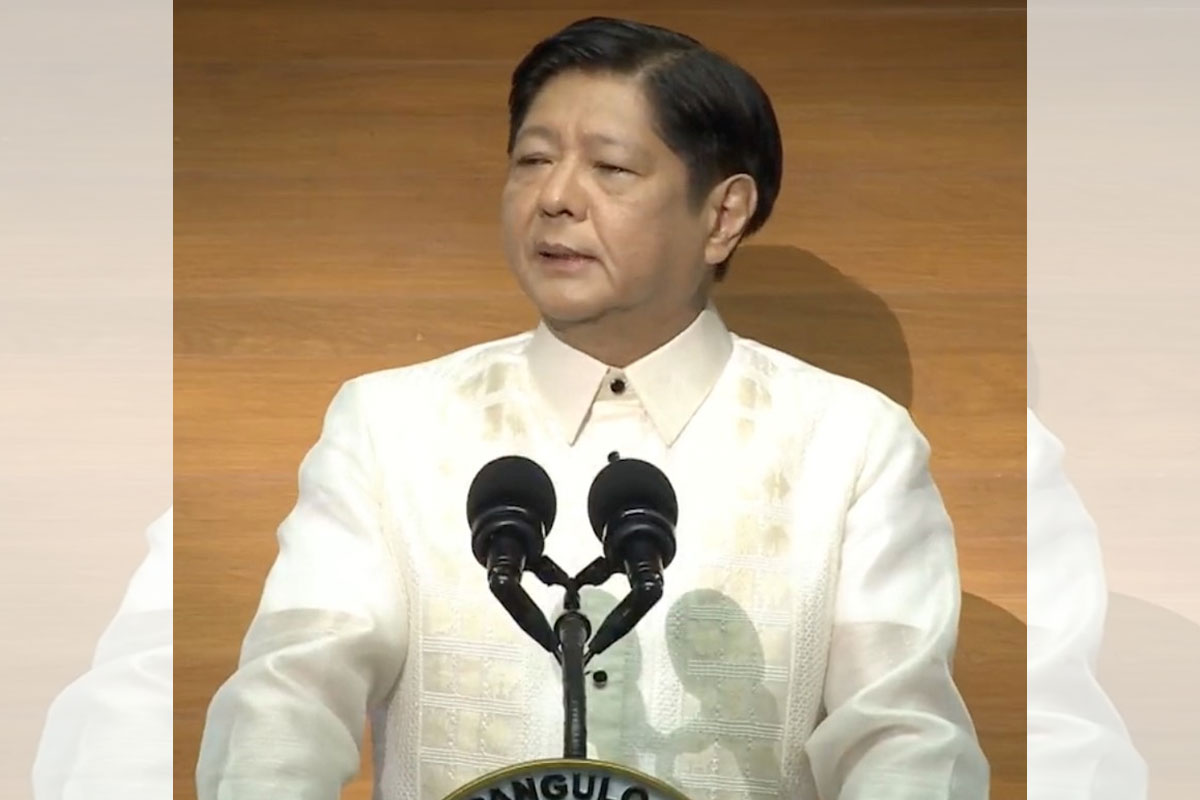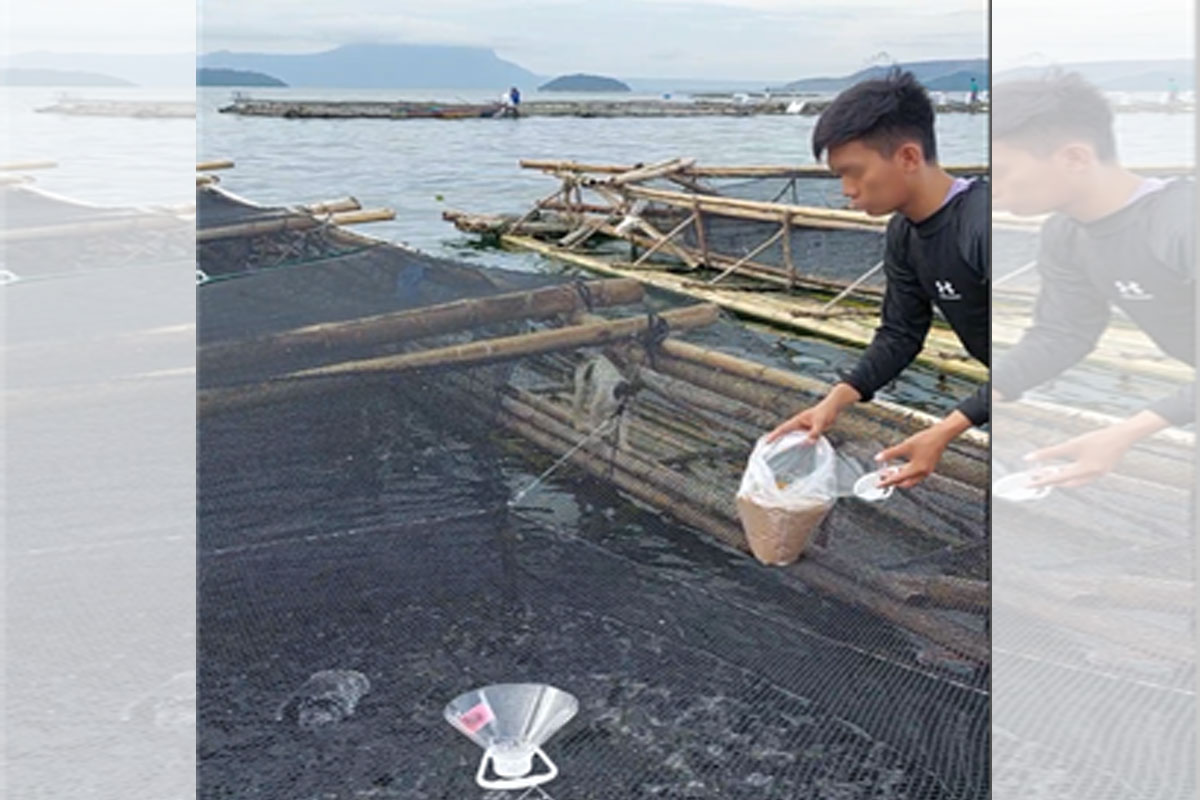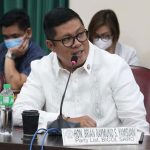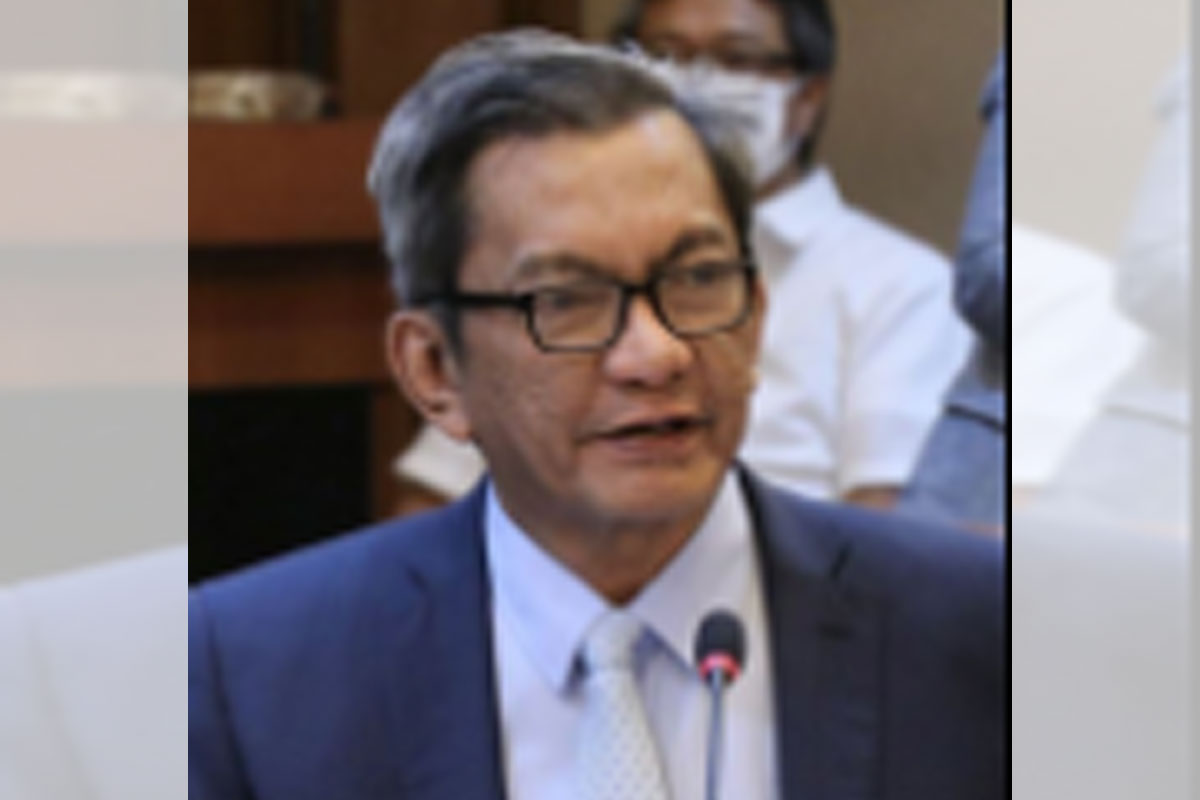
Mark seeks to strengthen PAGASA’s heat index monitoring
Cayetano tackles water sustainability
SENATOR Mark A. Villar filed Senate Resolution (SR) No. 590 urging the proper Senate Committee to conduct an inquiry in aid of legislation for the Philippine Atmospheric, Geophysical, and Astronomical Services Administration (PAGASA) to develop and strengthen the existing heat index monitoring in the Philippines similar to the alert system used during other calamities.
“Ako po ay naghain ng resolution dahil sa mga ulat na nakarating sa atin na mayroong insidente kung saan 120 na mag-aaral ang dinala sa mga ospital sa Laguna matapos silang mahilo habang isinasagawa ang fire drill sa kanilang paaralan sa Cabuyao City. Isa pa dito ang isang insidente na nangyari kamakailan lamang sa isang pagdiriwang sa Taytay, Palawan na siyamnapu (90) ang nahilo’t hinimatay dahil sa sobrang init,” Villar said.
The inquiry aims to assess the current status of heat index monitoring and warning systems in the country, identify the potential impacts of extreme heat on public health and the economy, and determine the best practices and technologies for heat index monitoring and alert systems in other countries.
“Dapat magbigay din ng warning ang PAGASA for instances na sobrang init na sa mga lugar dito sa Pilipinas. By providing our countrymen with sufficient and early information through text messages and other technologies we can save lives and prevent any other heat-related incidents to occur. Kung meron tayo sa bagyo, mas dapat meron for heat index,” Villar explained.
“I am committed to ensuring the safety and well-being of all Filipinos. This inquiry is necessary to ensure that appropriate preventive measures will be taken when the heat index (reaches) dangerous levels,” Villar added.
Villar also mentioned that these heat-related illnesses affect not only the public’s health but also the agricultural and industrial sector’s productivity, ultimately affecting the country’s economy and social welfare.
“Sa pagkakaroon ng mas malawak at epektibong sistema sa pagbabantay at pagbibigay kaalaman ng antas ng init sa Pilipinas, inaasahang mapapangalagaan ng mas maayos ang kalusugan ng publiko. Bukod dito, maaaring maiwasan ang maaaring negatibong epekto nito sa ekonomiya at sa social welfare ng bansa,” Villar said.
In a related development, Sen. Pia Cayetano, chairperson of the Committee on Sustainable Development Goals, Innovation and Futures Thinking, presided over the public hearing on water sustainability.
According to Cayetano, the National Water Resources Board (NWRB) estimated that around 11 million Filipinos lack access to clean water in the country. These families are left to rely on water sources such as deep wells, springs, rivers, lakes, and rainwater which are not necessarily potable and, in many cases, not reliable.
Cayetano said the lack of access to potable water had forced families to defecate in the open, giving rise to water contamination and the spread of diseases.
She said the committee would also discuss the repair of antiquated pipes undertaken by the Metropolitan Waterworks and Sewerage System alongside PAGASA’s announcement of raising the El Niño alert status this May.
Sen. Raffy Tulfo called for modern technologies to ensure that millions of Filipinos have safe drinking water in their homes.
Tulfo pointed out during the public hearing said that at least 11 million Filipinos still do not have access to clean water.
He also lamented that 53,066 Filipinos died between 2010 and 2019 due to water-borne diseases, such as typhoid and para-typhoid fever, diarrhea, and cholera, citing recent data from the Philippine Statistics Authority (PSA).
“We have to reduce our reliance on groundwater, deep wells… we have to explore other options for the people. We have to make use of modern technologies that are readily available, like solar-powered systems. We can also explore the use of rainwater treatment facilities,” Tulfo suggested.




















